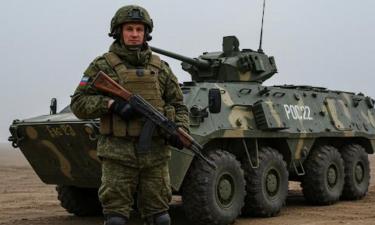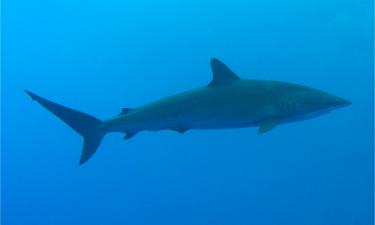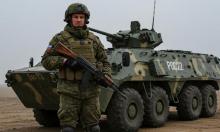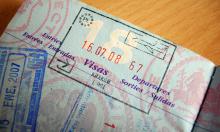Yugoslav currency becomes internally convertible Friday
Yugoslavia's central bank governor Mladjan Dinkic said the national currency, the dinar, would become fully convertible in all internal current transactions on Friday according to rules of the International Monetary Fund. Authorities in Montenegro, however, said it would be treated as foreign money in the smaller of the two federal republics. "I think this is a historic day for Yugoslavia," Dinkic told a press conference in Belgrade Thursday. "As from tomorrow the Yugoslav dinar will be convertible in all current transactions in accordance with Article 8 of the statute of the IMF. This means that all businessmen and citizens will be able to exchange dinars for foreign currencies and the other way round in unlimited amounts." Dinkic did not say when the dinar will begin to be freely exchanged for foreign money and quoted on world currency markets. "This move, I must say, will qualify Yugoslavia as a very serious country in the process of economic reforms and in this way we will also complete the first phase of monetary reform," he said. The dinar has recently been fixed at the rate of 30 to 1 German mark (roughly equivalent to 60 to $1). But Dinkic was earlier reported that he would let it float against other currencies from the New Year. The monetary authorities in Montenegro, however, said Dinkic's reforms will apply to Serbia only. They say that since they dropped the declining dinar altogether and adopted the German mark as the only legal tender a month ago to protect their economy from high inflation, the dinar will be treated there as a foreign currency, UPI reports.
Subscribe to Pravda.Ru Telegram channel, Facebook, RSS!





